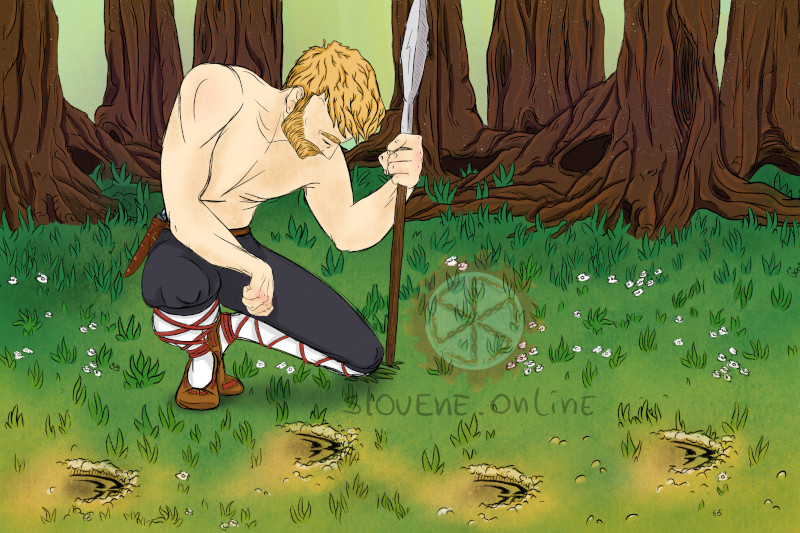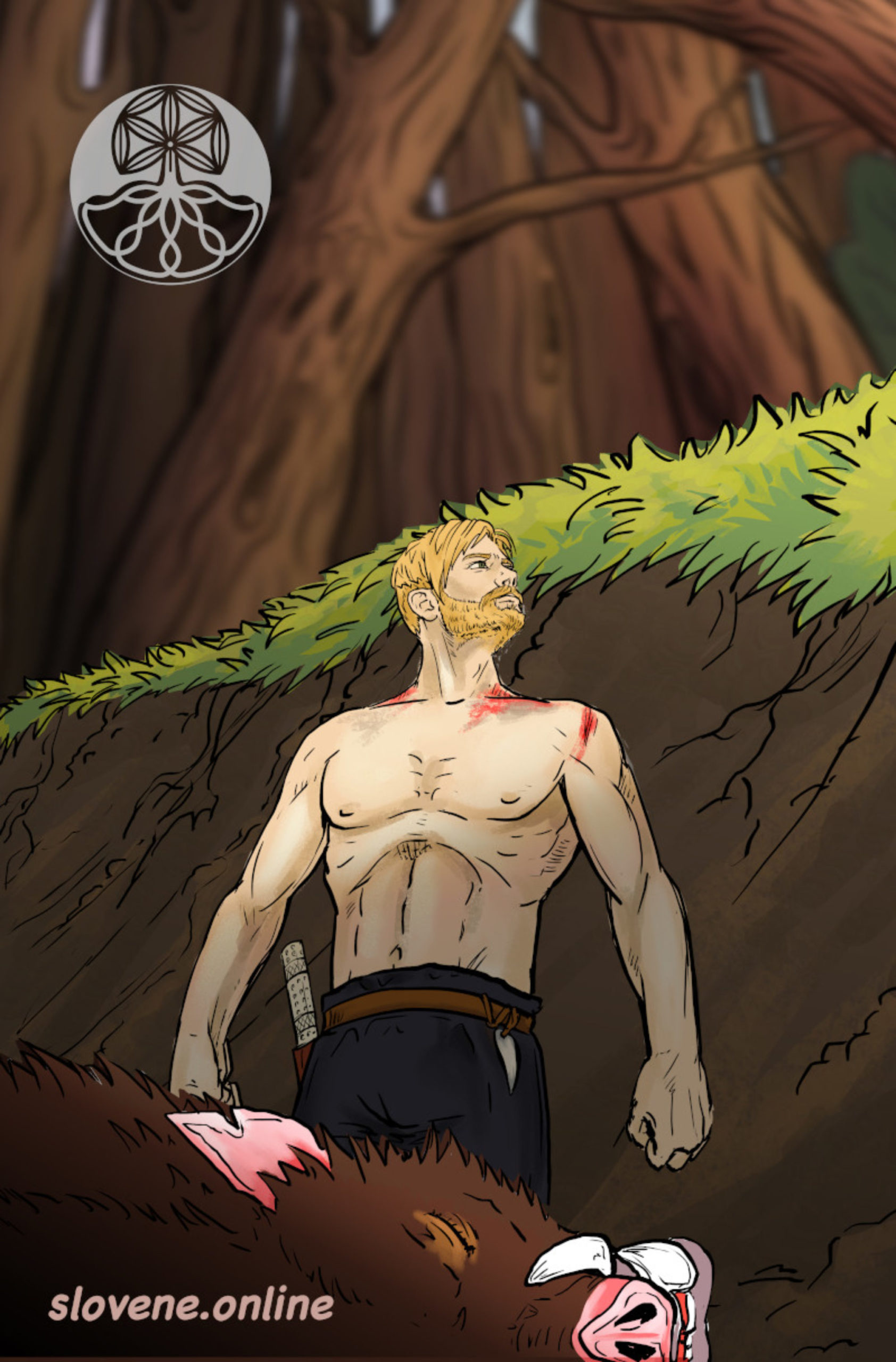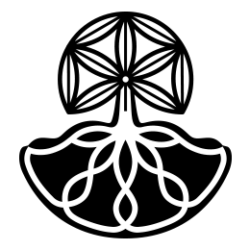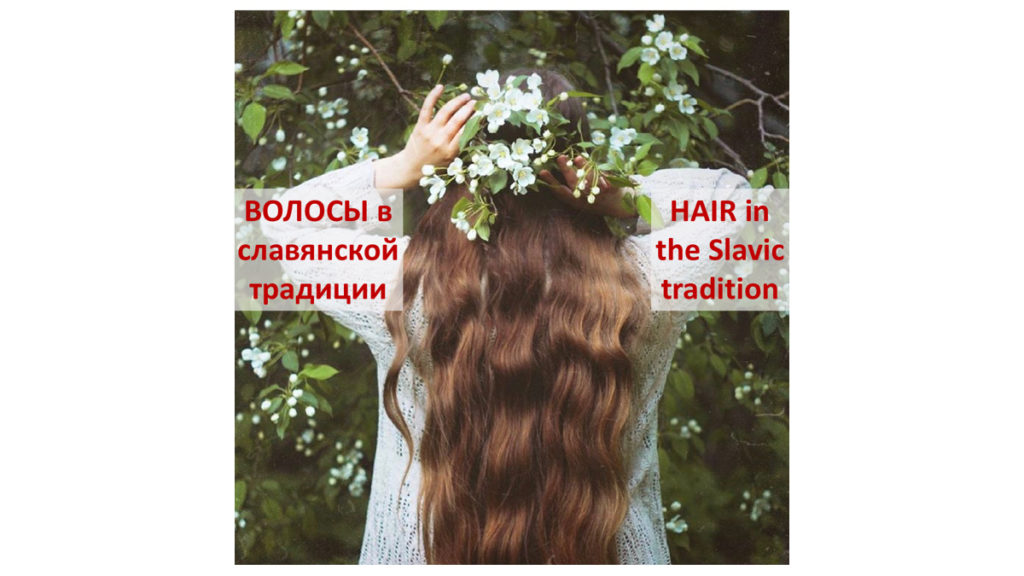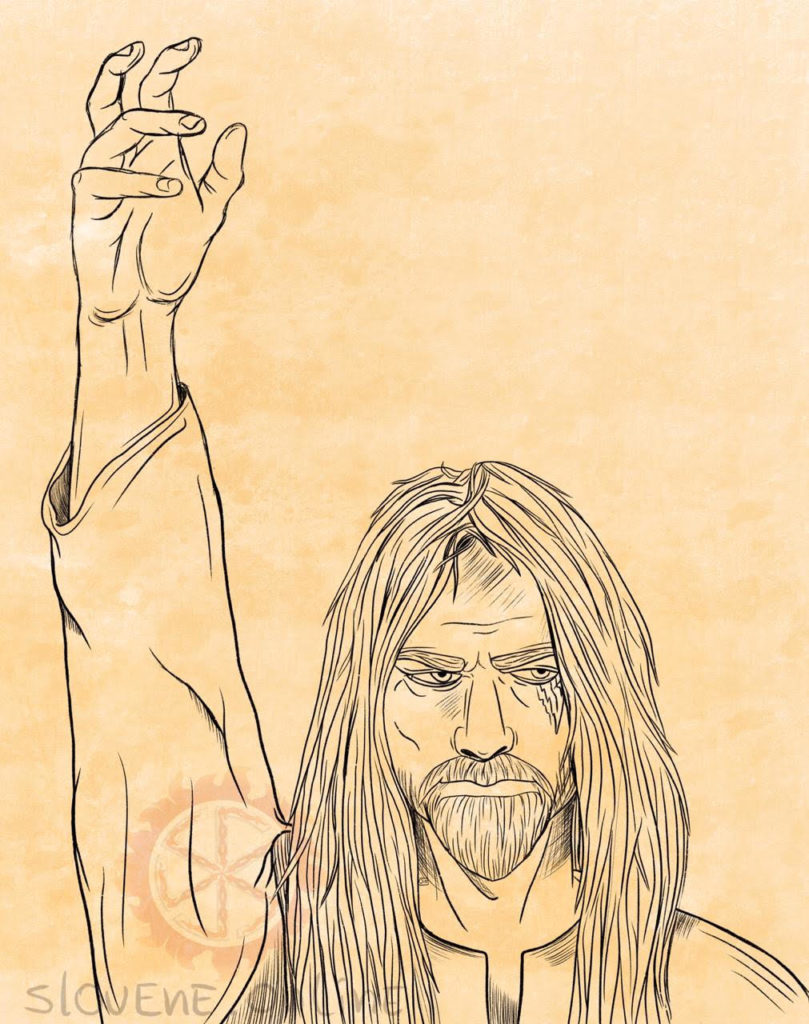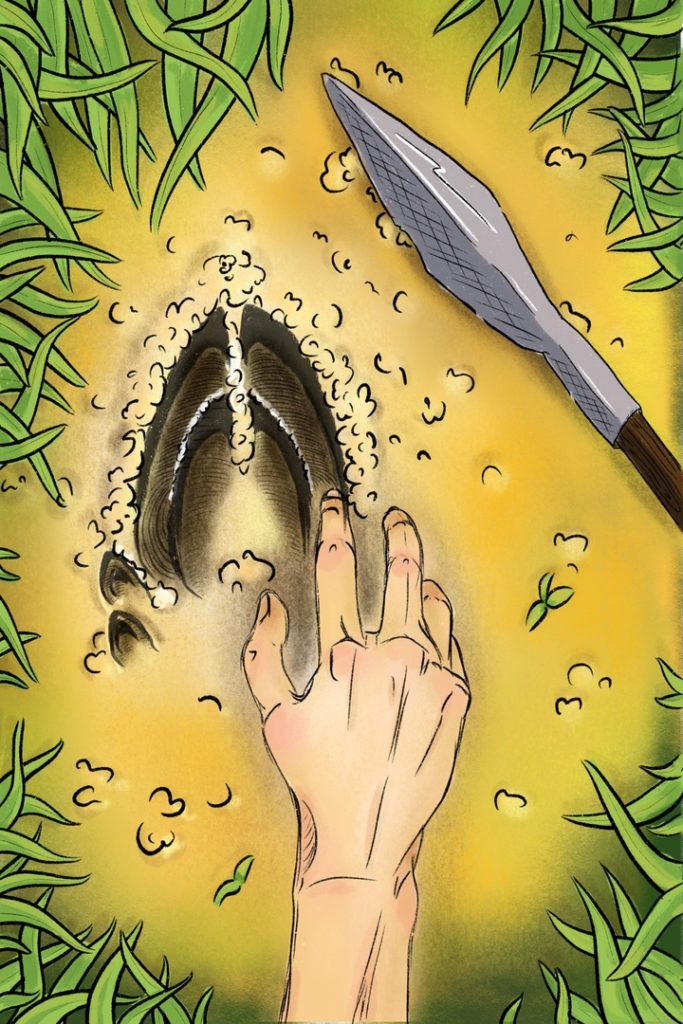Along with other “knowing” people (a shepherd, musician, blacksmith, etc.), the hunter was often believed to have magical abilities and witchcraft knowledge.
We continue to familiarize you with the customs and beliefs of the ancient Slavic people, while working on the animated fantasy comic book series. In such posts, as if jumping forward in time, we shed light upon and help to understand the events that will occur in our story … 😉
Hunting craft was passed within a family from generation to generation and was kept secret. Just like with a witchcraft, an elder hunter-sorcerer could teach an apprentice, who was subjected to various trials.
According to Russian beliefs, in order to hunt successfully, it was necessary to enter into a contract with Leshy (Borowy): without his permission, the hunter not only remained without prey, but could also get lost and die. The agreement had certain conditions, like not to take more prey than was allowed by Leshy, go hunting on certain days, etc. Otherwise, Leshy punished the hunter by whipping him with the tops of the trees or cursed him with a disease.
For the hunt to be successful, it was necessary to follow a number of prohibitions and prescriptions: for example, not to name some animals by their real name, but to use substitute names (thus, Russians avoided mentioning the raven, but called it “chicken” 🙂 ). There was a significant number of hunting spells to ensure abundant prey, to protect oneself and weapons from a curse, to drive away birds that interfere with hunting, particularly ravens. There were luck spells for hunting on hares, ducks, squirrels, bears, etc. The hunter pronounced a spell every time he went out on a hunt or enchanted various objects: a knife, a tree twig, bread, honey, a snowball, etc.
In addition to spells, numerous amulets were used to protect a hunter from wild beasts, and a hunting gear from an evil eye or curse. For example, it was believed that carrying a lynx claw could shield its owner from a predator and various dangers. Serbian hunters, in order to protect the caught prey from an evil eye, upon their return from the hunt, concealed the amount of prey and removed animal skin away from the prying eyes.
Source: “Slavic Antiquities” – encyclopedic dictionary in 5 volumes by Institute for Slavic Studies of the Russian Academy of Sciences.
